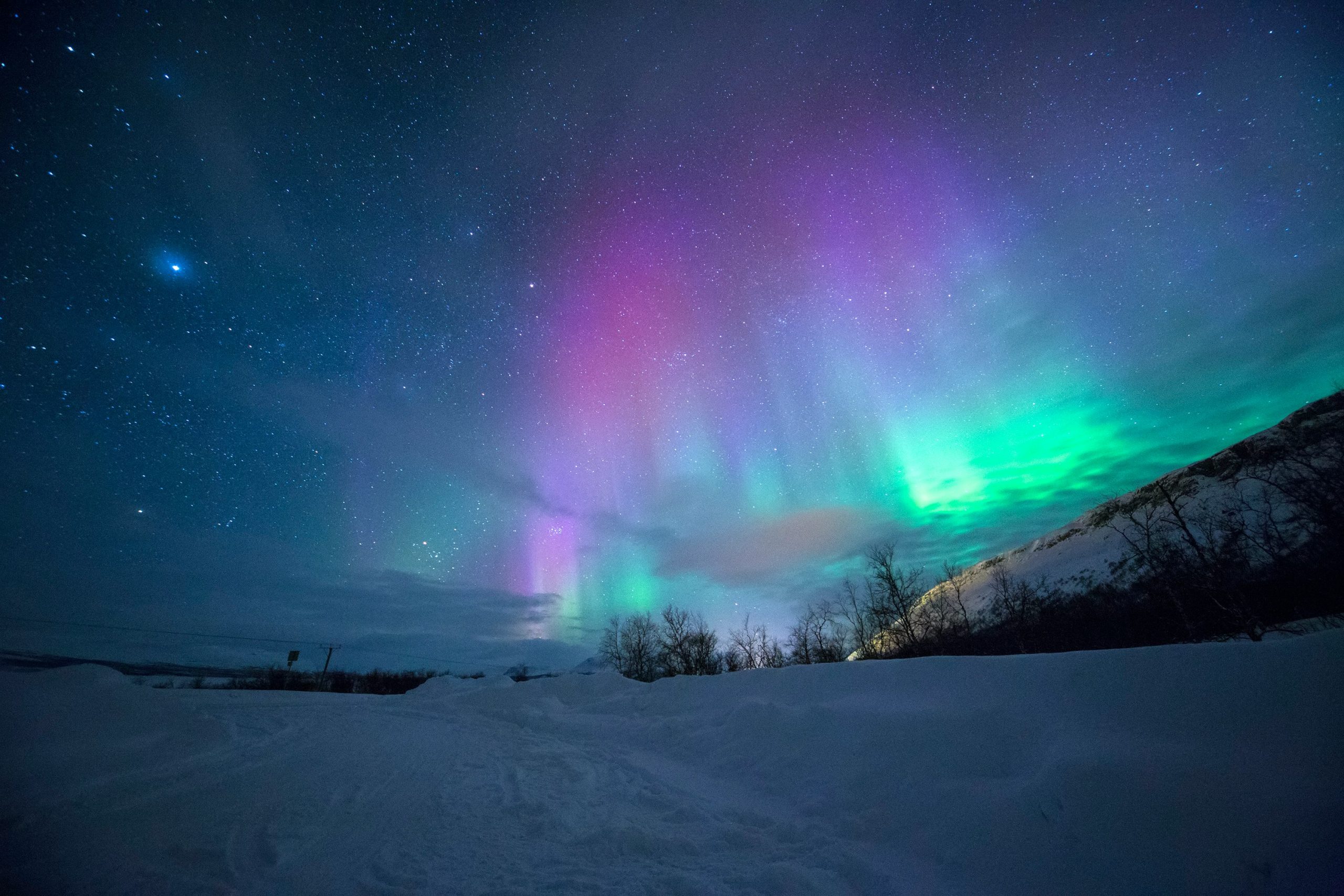Vedanta’s Perspective on Free Will and Determinism

Looking for more amazing products? Check out our online store and explore our collection here! Happy shopping!
Before diving in, please note: This post is for informational purposes only. If you’d like to know more about how we approach topics, feel free to check out our friendly Disclaimer Page.
Hey there, amazing readers! 
We’re committed to delivering quality posts, and your support (even just sticking around despite the ads) means everything to us. So, bear with us, and thanks for helping us keep the good vibes rolling. Now, on to the fun stuff!
TRANSLATE BUTTON AT THE END OF THE ARTICLE
Introduction to Vedanta Philosophy
Vedanta, one of the six orthodox schools of Indian philosophy, is deeply rooted in the ancient scriptures known as the Vedas.
It encompasses a vast body of spiritual wisdom and metaphysical teachings that aim to unravel the mysteries of existence and the nature of reality.
At the core of Vedanta is the belief that the ultimate reality, known as Brahman, is the unchanging essence that underlies the entire universe.
This philosophy explores profound questions about the nature of the self, the purpose of life, and the relationship between the individual soul (Atman) and the cosmic soul (Brahman).
Understanding Free Will in Vedanta
In Vedanta, free will is viewed as the power of choice that individuals possess to act in accordance with their desires and intentions.
While human beings are considered to have the capacity to make decisions and take actions, Vedanta teaches that true freedom lies in aligning one’s will with the divine will or cosmic order.
This perspective suggests that our choices are influenced by our past actions (karma) and the unfolding of divine providence.
Therefore, while individuals may feel that they have free will, their decisions are ultimately guided by higher forces beyond their control.
The Concept of Determinism in Vedanta
Determinism in Vedanta refers to the idea that all events and actions in the universe are governed by a predetermined order and divine plan.
This belief stems from the understanding that everything is interconnected and part of a larger cosmic design.
According to Vedanta, the concept of determinism is intricately linked to the law of karma, which dictates that every action has a corresponding reaction that shapes one’s present circumstances and future experiences.
The interplay between free will and determinism is a central theme in Vedanta philosophy, as it seeks to reconcile the apparent contradictions between individual choice and cosmic predestination.
The Interplay Between Free Will and Determinism
Vedanta posits that while individuals have the illusion of free will, their actions are ultimately governed by the law of karma and the divine will.
This interplay between free will and determinism highlights the complex relationship between personal agency and cosmic forces.
From a Vedantic perspective, individuals are both creators and products of their circumstances, as their past actions shape their present reality and future outcomes.
This dynamic interplay underscores the interconnected nature of the universe and the intricate web of cause and effect that governs all aspects of existence.
Different Perspectives within Vedanta
Within Vedanta, there are various schools of thought that offer distinct perspectives on the nature of free will and determinism.
The Advaita (non-dual) school, founded by Adi Shankaracharya, emphasizes the unity of the individual soul and Brahman, suggesting that true liberation comes from realizing one’s essential oneness with the divine.
In contrast, the Dvaita (dualistic) school, established by Madhvacharya, emphasizes the distinction between the individual soul and God, highlighting the importance of surrendering to the divine will.
These differing viewpoints within Vedanta reflect the diverse ways in which scholars and sages have explored the complex relationship between human agency and divine ordainment.
How Vedanta Views the Role of Karma
Karma, a central concept in Vedanta philosophy, plays a crucial role in shaping individual experiences and determining the course of one’s life.
According to Vedanta, every action, thought, and intention generates karma that influences future outcomes and circumstances.
Positive actions lead to favorable results, while negative actions lead to adverse consequences.
The law of karma underscores the interconnected nature of existence and the principle of cause and effect that governs the universe.
By understanding the role of karma, individuals can cultivate a greater sense of responsibility for their actions and strive to create positive karma through virtuous deeds and selfless service.
Exploring the Notion of Fate in Vedanta
In Vedanta, the concept of fate is intricately connected to the law of karma and the idea of cosmic determinism.
While fate is often perceived as a predetermined course of events beyond human control, Vedanta teaches that individuals can influence their destiny through their thoughts, words, and actions.
By aligning oneself with the divine will and cultivating positive karma, one can transcend the limitations of fate and shape their future outcomes.
This perspective empowers individuals to take responsibility for their lives and actively participate in the unfolding of their destiny, rather than resigning to a predetermined fate.
Reconciling Free Will and Determinism in Vedanta
Vedanta offers a nuanced perspective on the relationship between free will and determinism, suggesting that while individuals have the capacity to make choices, their actions are ultimately governed by cosmic forces and the law of karma.
This holistic view reconciles the apparent contradictions between personal agency and divine ordainment, highlighting the interconnected nature of existence.
By understanding the interplay between free will and determinism, individuals can navigate life’s complexities with a greater sense of clarity and purpose, recognizing their role in the grand tapestry of the universe.
Practical Implications in Daily Life
The teachings of Vedanta have practical implications for individuals seeking to lead a more conscious and purposeful life.
By cultivating self-awareness, practicing mindfulness, and aligning one’s actions with higher principles, individuals can harness the power of free will to shape their destiny.
Vedanta encourages individuals to live with integrity, compassion, and selflessness, recognizing the interconnectedness of all beings and the importance of living in harmony with the cosmic order.
By following these principles in daily life, individuals can experience greater peace, fulfillment, and spiritual growth.
Criticisms and Challenges to Vedanta’s Perspective
While Vedanta offers a comprehensive framework for understanding the nature of free will and determinism, it has faced criticisms and challenges from various quarters.
Some skeptics argue that Vedanta’s emphasis on the law of karma and cosmic determinism may lead to fatalistic thinking and a sense of resignation in the face of adversity.
Others question the validity of the concept of karma and the notion of rebirth, challenging the empirical basis of these beliefs.
Despite these criticisms, Vedanta continues to inspire seekers around the world with its profound insights into the nature of reality and the ultimate purpose of human life.
Comparing Vedanta with Western Philosophies
When comparing Vedanta with Western philosophies, such as existentialism and pragmatism, we find both similarities and differences in their perspectives on free will and determinism.
While Western philosophies often emphasize individual autonomy and the power of human agency, Vedanta highlights the interconnected nature of existence and the role of divine providence in shaping human experiences.
While existentialism posits that individuals are entirely responsible for creating their own meaning and purpose in life, Vedanta suggests that true liberation comes from realizing one’s inherent oneness with the divine.
These contrasting viewpoints offer unique insights into the complexities of human existence and the diverse ways in which individuals navigate the mysteries of the universe.
Conclusion: Vedanta’s Holistic View on Free Will and Determinism
In conclusion, Vedanta offers a holistic perspective on the interplay between free will and determinism, highlighting the intricate relationship between personal agency and cosmic forces.
By understanding the role of karma, the concept of fate, and the dynamics of the universe, individuals can navigate life’s complexities with greater clarity and purpose.
While Vedanta’s teachings may present challenges and criticisms, they continue to inspire seekers with their profound insights into the nature of reality and the ultimate purpose of human life.
Ultimately, Vedanta’s holistic view on free will and determinism invites individuals to explore the depths of their own consciousness, transcend the limitations of the ego, and realize their essential unity with the divine.

The Enlightenment Journey is a remarkable collection of writings authored by a distinguished group of experts in the fields of spirituality, new age, and esoteric knowledge.
This anthology features a diverse assembly of well-experienced authors who bring their profound insights and credible perspectives to the forefront.
Each contributor possesses a wealth of knowledge and wisdom, making them authorities in their respective domains.
Together, they offer readers a transformative journey into the realms of spiritual growth, self-discovery, and esoteric enlightenment.
The Enlightenment Journey is a testament to the collective expertise of these luminaries, providing readers with a rich tapestry of ideas and information to illuminate their spiritual path.
Our Diverse Expertise
While our primary focus is on spirituality and esotericism, we are equally passionate about exploring a wide range of other topics and niches 

To ensure we provide the most accurate and valuable insights, we collaborate with trusted experts in their respective domains 
Our blog originally focused on spirituality and metaphysics, but we’ve since expanded to cover a wide range of niches. Don’t worry—we continue to publish a lot of articles on spirituality! Frequently visit our blog to explore our diverse content and stay tuned for more insightful reads.
Hey there, amazing reader! 
Check out our store here and take a peek at some of our featured products below! Thanks for being awesome!











